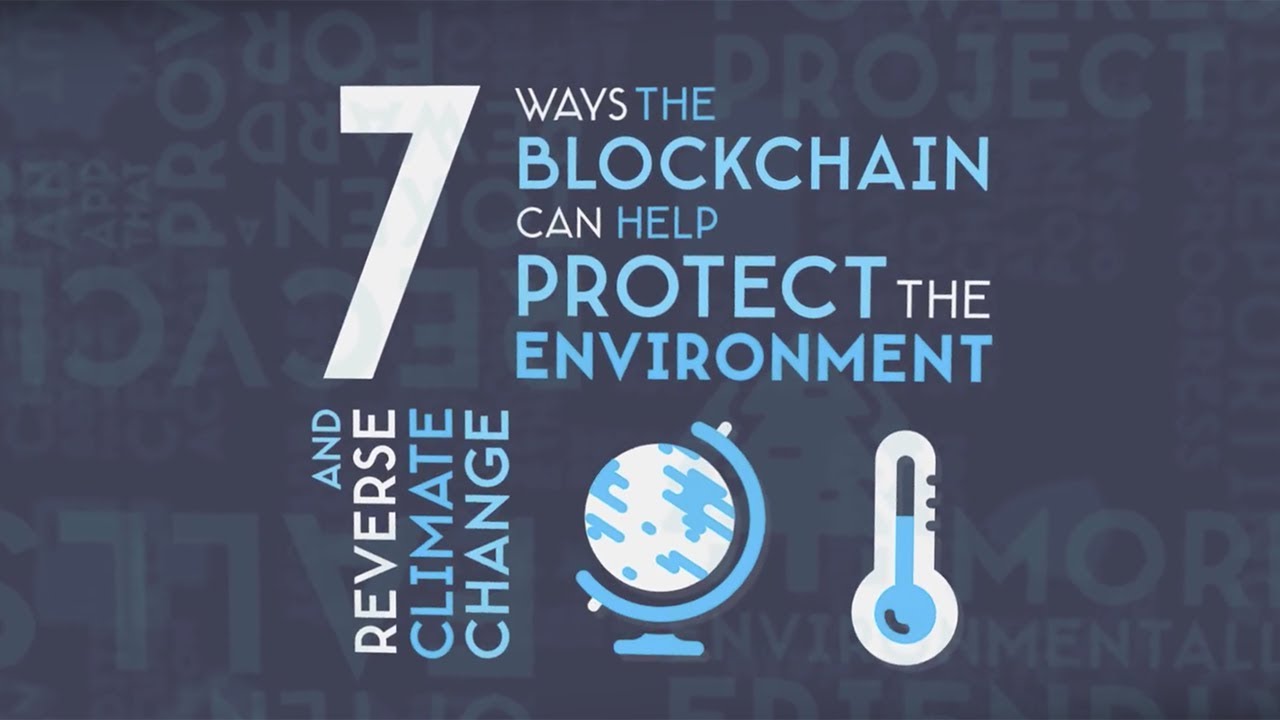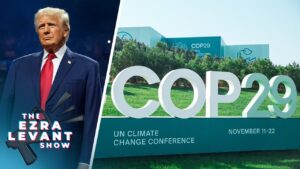
The blockchain is the technology that underlies bitcoin and Ethereum, and there are many ways it can help protect the environment and stop climate change.
To learn more about the blockchain, go to http://futurethinkers.org/blockchain
For more impactful blockchain projects, go to http://giantsupernova.com
SIGN UP for our mailing list to get a FREE 50+ Page Adapt to the Future Guide: http://www.futurethinkers.org/signup
=== FUTURE THINKERS MEMBERSHIP ===
Become a Future Thinkers Member and get access to our in-depth Courses in Personal Evolution, private group calls, Q&A’s with podcast guests, podcast extras, and more.
REGISTER at http://futurethinkers.org/members
Blockchain projects featured in this video:
BCDC (EcoChain, RecycleToCoin, FoodTrax) – https://www.bcdc.online
Bitgive – https://www.bitgivefoundation.org
Bithope – https://bithope.org
Electric Chain – http://www.electricchain.org
Plastic Bank / Social Plastic – http://socialplastic.org/
Provenance – https://www.provenance.org
SunContract – https://suncontract.org
TransactiveGrid by ConsenSys – https://consensys.net/ and LO3 Energy – http://lo3energy.com
Music by Ronald Jenkees, used with permission – https://www.youtube.com/ronaldjenkees
The Ancient Art Of Adulting – Take the course designed to help you create a life of meaning, purpose and impact: http://courses.futurethinkers.org
source







Smack the "blockhead chain" with Thorium hammer!
haha, blockchain will destroy the environment.
I work in Life Cycle Assessment and this field is probably the best pilot for Environmental Blockchain initiatives. This story is salutory and distubing for this initiative. LCA has degenerated, due to the power of corporate vested interests, incompetence and soft corruption into complete smoke and mirrors. The databases that we rely on to do this work are totally corrupted by data that faiils to maintain mass/elemental/thermodynamic balance accross its measurement boundaries and there is grotesquely misleading cheating in the way recycled materials are treated cycle to cycle. This cheating is even sanctioned by the very committees that SHOULD have exposed it and prevented it, because of the assymetric power of those vested interests. In fact the institutions that SHOULD be protecting the integrity, openness and transparency of the information have totally failed in all respects, in particular they have failed for 30years to estalish a single universally consistent method of measuring life cycle environmental impacts. LCA is supposed to be at the pinnacle of objective scientific environmental impact assessment, but now this is just spin. Finally, the responsible institutions are actually making LCA DTA less transparrent and traceable, obscuring it in impressive looking algorithms that in fact are provable failing when compared to older data that is traceable. My experience of the corruption, obscurity and failure of institutions to maintain integrity gives me no faith whatsoever that the data going into blockchain systems will be any better or any less misleading. So, regrettably, I think that this is doomed to either fail as all of the discrepancies are exposed or more likely appear to succeed but actually mislead as folk find ways to obscure their cheating. Sorry to be so cynical because I love the idea.
Nice.. which tool you use to make the presentation ?
Great video. Very informative
Lestari Capital
BlockChain journalism reports that by 2020, BitCoin Mining [Servers] would require as much energy as all other energy uses on the planet. Devastating [Ai~Karma].
what about the energy consumed by generating the Proof-Of-Work? That's hugely contaminating, blockchain is a cure that is worst than the disease.
💚 IOTA 💚 Don't ask what the world can do for you, ask yourself what you
can do to leave the lowest possible CO2 footprint for the world and our descendants.
No miners, no greedy auditors, no broadcasting costs, no avoidable fees, etc.
The world needs everyone to rethink, for the benefit of the entire world with its inhabitants, the future world, nature, clima, people and our descendants need 💚 IOTA 💚. a clean alternative
What about the mining taking up shit ton of electricity
It does this , it can do that but you don't answer the question how can it do it????
I would recommend less naivete next time.
I hear that block chain requires more energy to run the servers then some counties is this true?
Stop it…enough…block chain means more computers using more electricity. Already consume 10% of world electricity and rising…more block chain…more computers….more electricity.
Blockchains have one big advantage: It is practically impossible to change data. While this is groundbreaking and indeed facilitates tracking, it comes at a (too?) high cost. Even without proof-of-work as a trust mechanism, the essential property of a blockchain is that many copies exist of the data. No matter how you look at this, the data redundancy is wasteful and does not belong in a climate-concerned, sustainability-oriented world. For sure there are other ways to improve tracking and tracing to achieve the seven discussed ways to lower climate change?!
This is naïve for a lot of reasons:
first it is putting the impetus on the consumer to make “ethical” choices about consumption. This is a massive problem with climate change rhetoric that stems from the “carbon footprint” narrative which was a campaign created by BP (of all companies) in the mid 2000’s.
Certifying boards like fairtrade have been far more sympathetic to the businesses they serve than the end consumer. Fairtrade certified is just further obfuscating problems around labor conditions and giving consumers a guilt free experience.
Asking consumers to directly invest in renewables? Again, neoliberalism at its dumbest. We’re going to be on the hook either way through subsidies, tax credits or highly taxed fossil fuel based sources.
Stopping the video now. This is not the tech that will help create sustainability, ethical capitalism or net zero. It’s just the next step in an existing system of obfuscating real problems and asking individuals to change the world when they frankly cannot (without influencing political change and demanding corporate accountability).
Incredible! Excited to learn and grow with this space. Cardboard citizens has begun building a legendary community of builders. 📦📦
I know one!!!! Synergy4S
Carbonmeta!!!
Your team did a good job. Useful infos
Well done!